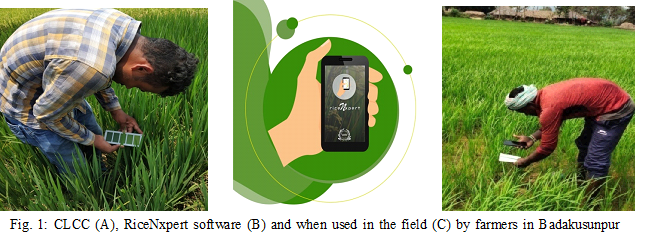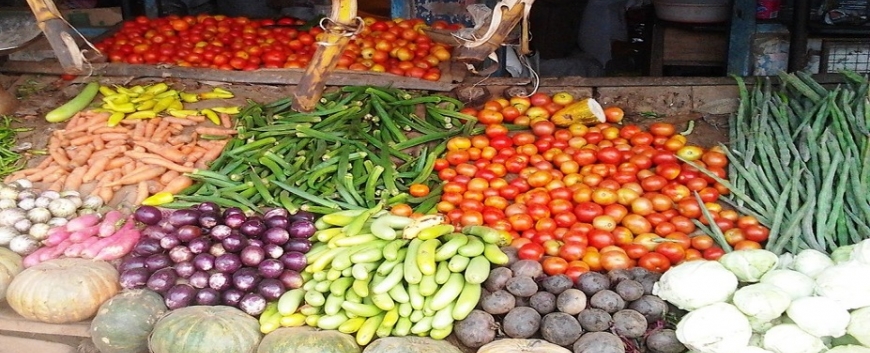RESILIENCE project contributing to sustainable agricultural productivity and food security
On the World Food Day, 2020, on October 16th, the RESILIENCE project marks the day highlighting the importance of food and nutrition security and its own contribution to sustainable food systems.
The Project Coordinator, Dr. Udaya Sekhar Nagothu from NIBIO, Norway states that “an assessment that we just completed since the project commenced has shown positive indications, particularly, farmer capacity building and adoption of climate smart agriculture practices in the 4 project districts of Assam and Odisha. In Assam, an improvement of 12% increase in farm household income was recorded at the end of 2 years compared to the baseline value.
In Odisha, there was a positive indication of increased in farm income due the project interventions. For instance, estimation in Ganjam district showed an improvement of 5% increase in farm household income compared to the baseline value. This is positive, despite COVID risks, the project team has continuously worked with farmers, helping them in various aspects, including access to inputs, knowledge exchange and marketing of agri-products.
The different CSA technologies (AWD, SRI, DSR, crop rotations with legumes, vegetables, etc) tested at the study sites in Odisha and Assam, largely contributed to improved crop yield of rice and legumes. For example, in Cuttack (Niali and Tangi blocks) and Ganjam (Sorada and Rangeilunda blocks) project areas, rice crop yield has shown an increase of about 40 percent compared to the base line, under stress tolerant high yielding variety (HYV) for stagnant flooding condition. Under Wet Direct Seeding of Rice by drum seeder, the yield increment fared well. For legumes, the yield increased by 45 percent. In Assam in Golaghat and Sivsagar case districts, the rice yield, has also increased by about 26%.


On average, the crop yields increased (at project level) by about 35 percent under field conditions. The project will further assess the progress in the next 2-3 years under field conditions
The percentage of farmers practicing different CSA/Agroecology (AE) interventions in both Assam and Odisha have increased significantly from 0 (baseline)to 30-40 percent in the case of Odisha and 35-45 percent in Assam. Women participating in household decision making in agriculture has increased significantly both in Odisha and Assam on average by 21 percent in Odisha compared to baseline value. The project will continue to work with local and state institutions to scale up CSA technologies and strengthen science-policy linkage.


